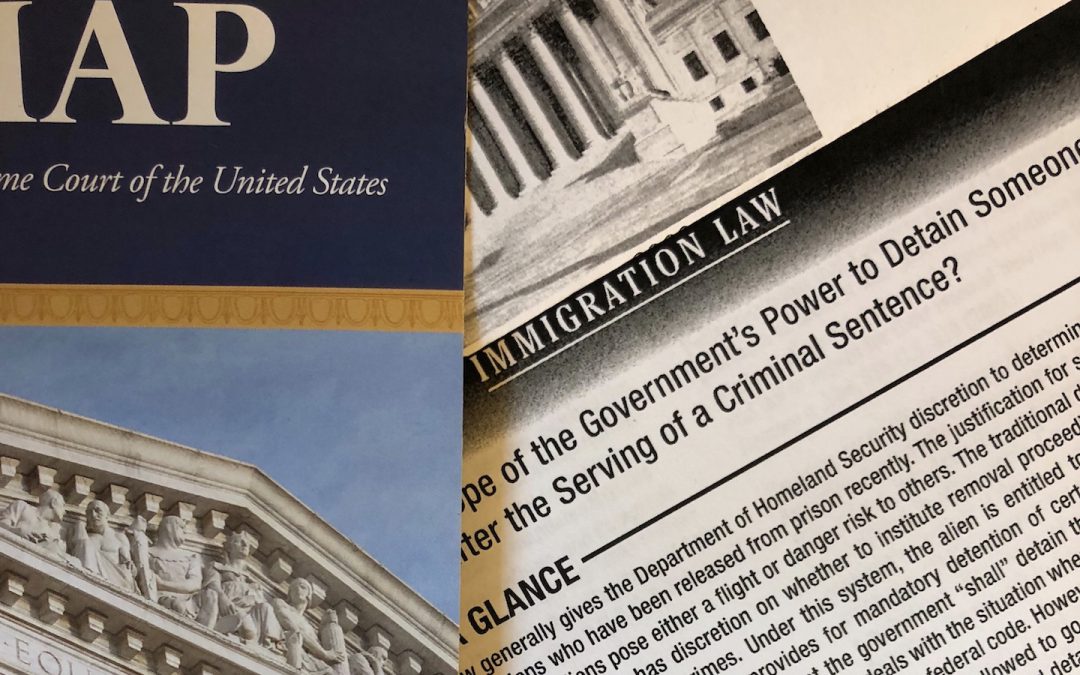WASHINGTON —In his second day on the Supreme Court, Justice Brett Kavanaugh appeared impartial in a case Wednesday that centered around due process rights of immigrants, keeping to his confirmation promise to reach across the aisle and operate “on a team of nine.”
At issue is whether the Immigration and Nationality Act, which calls for non citizens convicted of certain crimes to be detained after they are released, should include a time limit on how long officials can wait before re-arresting what the law calls “criminal aliens.”
The case, Nielsen v. Preap, concerns a green card holder who was detained 11 years after he completed his criminal sentence on a drug conviction. He was denied a bail hearing because of his criminal record.
Kavanaugh asked both sides’ attorneys to interpret Congress’s intention behind the 1996 mandated detention statute. He reminded the court that 22 years ago, Congress was concerned with granting bail hearings to “criminal aliens” who may flee their deportation or cause harm to the public by recommitting crimes.
“What was really going on through Congress’s time in 1996 was harshness on this topic. Is that not right?” said Kavanaugh. “Congress did not put in a time limit. That raises a real question for me whether we should be superimposing a time limit into the statute.”
The defense argued that immigration officials should be instructed to either detain “criminal aliens” within a “reasonable degree of immediacy” after their sentencing release date or to give the non citizen a chance to show that they are unlikely to re-offend.
“I want to point out that at the time Congress wrote this statute, this court had never before approved of civil detention, executive detention, without individualized hearings on flight risk and danger,” said the defense’s attorney.
The government argued that mandatory detention is the law regardless of how long it takes to make the detention, but Kavanaugh appeared interested in seeking a middle ground.
“If reasonable amount of time were part of a ruling,” he asked the government, “what do you think is a reasonable amount of time or presumptively reasonable?”
It was unclear which way Kavanaugh is leaning. The case is expected to be decided by the end of June.

